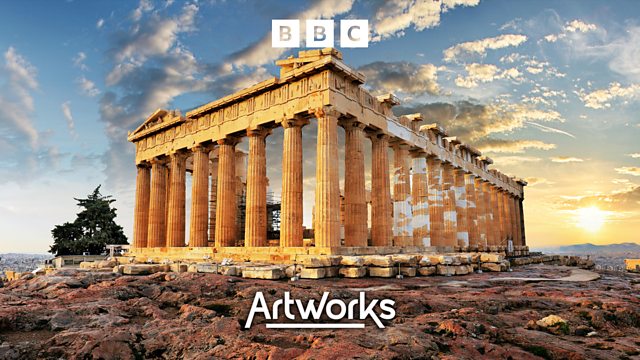
Unesco: From Cultural Diplomacy to Culture Wars
Rana Mitter looks at what the big cultural battles playing out at Unesco mean for the world - and what the heritage it protects tells us about the world today.
In July 2025 President Trump announced that the United States would withdraw from UNESCO - the United Nations Educational, Scientific and Cultural Organisation. It wasn’t a surprising decision - he’d done it before in 2017 – and President Reagan before him had done it in 1984, also citing over-politicisation. But as the US withdraws funding in 2026, who steps into the breach? The answer it seems is China which now has 60 world heritage sites and is an enthusiastic applicant for intangible cultural heritage status for its practices and traditions. So why is China interested in influencing UNESCO? Does it matter if the United States no longer wants a seat at the table and what does it mean for the world?
Rana Mitter explores what UNESCO, an organisation founded in Paris in 1946, still has to offer and what its fortunes tell us about the ideas of global heritage and soft power today. He speaks to those who've had direct contact with UNESCO and those who've studied it, including the diplomats Sir Jeremy Greenstock, former UK Ambassador to the UN and Nick Burns, former US Ambassador to China. We also hear from the analyst Dr Yu Jie from the UK think tank Chatham House, the British-Turkish writer Elif Shafak; Enestro Ottone, the Assistant Director-General for Culture at UNESCO; Paul Betts, Professor of History at the University of Oxford; and Erol Morkoç, a spokesperson for Republicans Overseas.
Presenter: Rana Mitter
Producer: Ruth Watts
On radio
More episodes
Previous
Broadcast
- Next Tuesday 16:00ÃÛÑ¿´«Ã½ Radio 4
